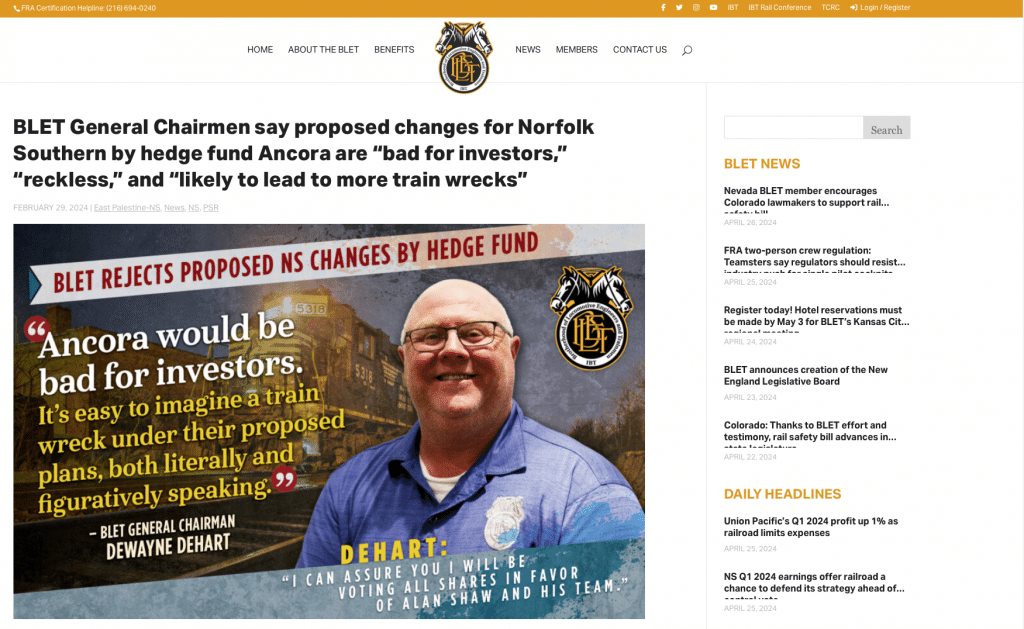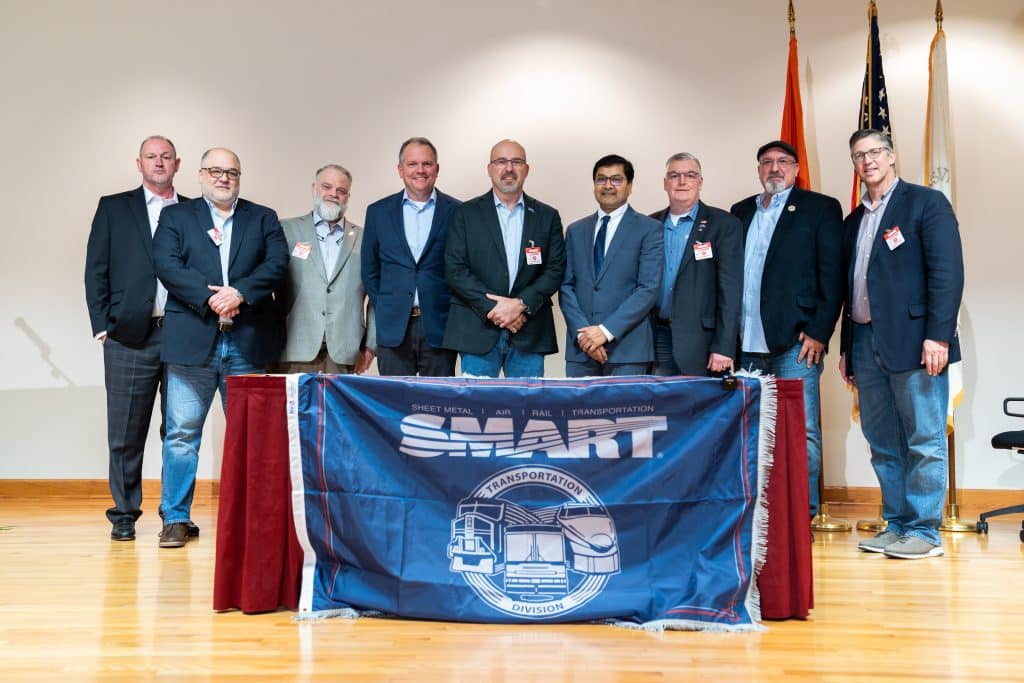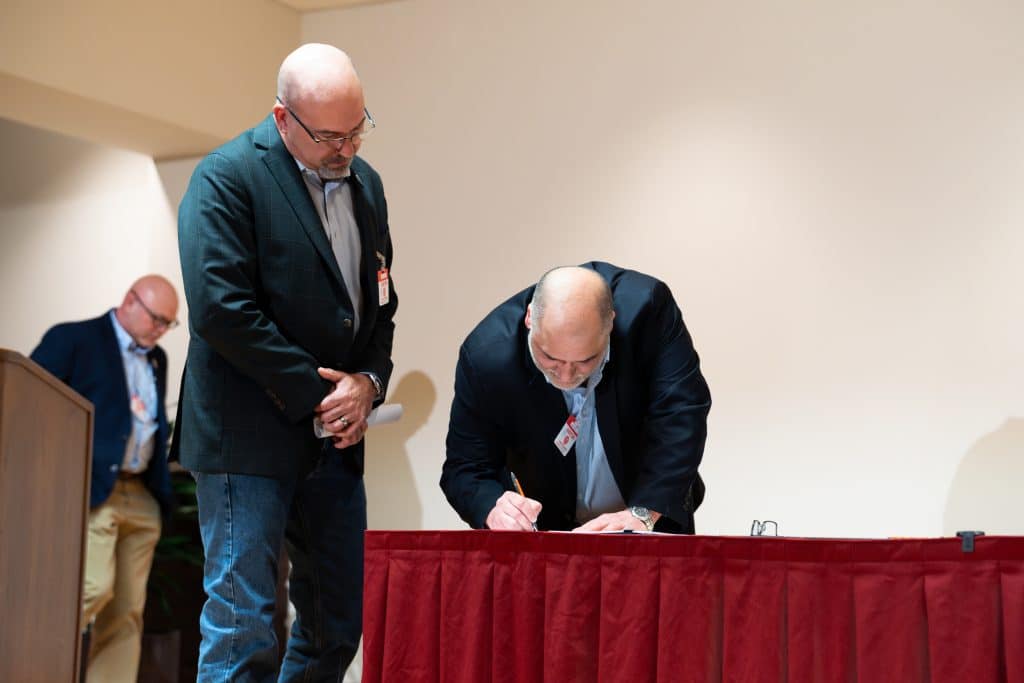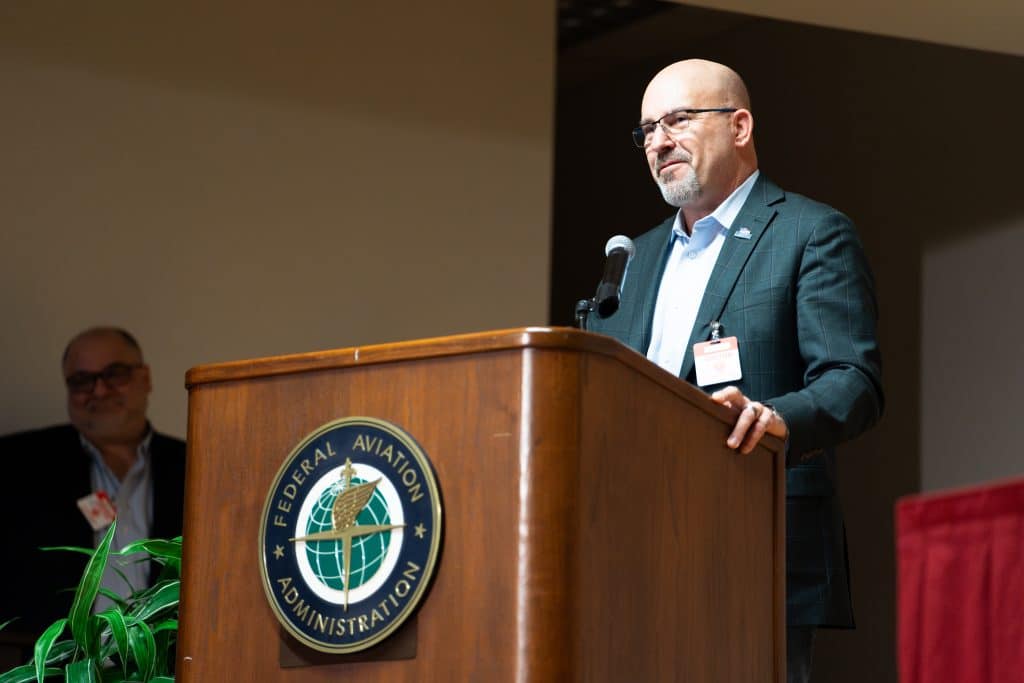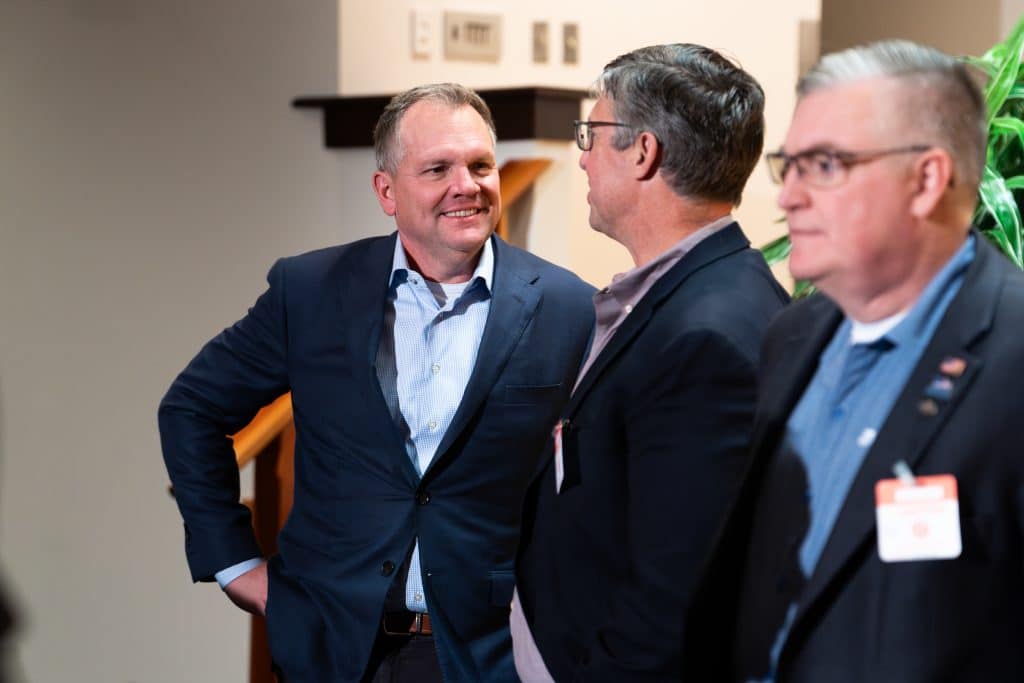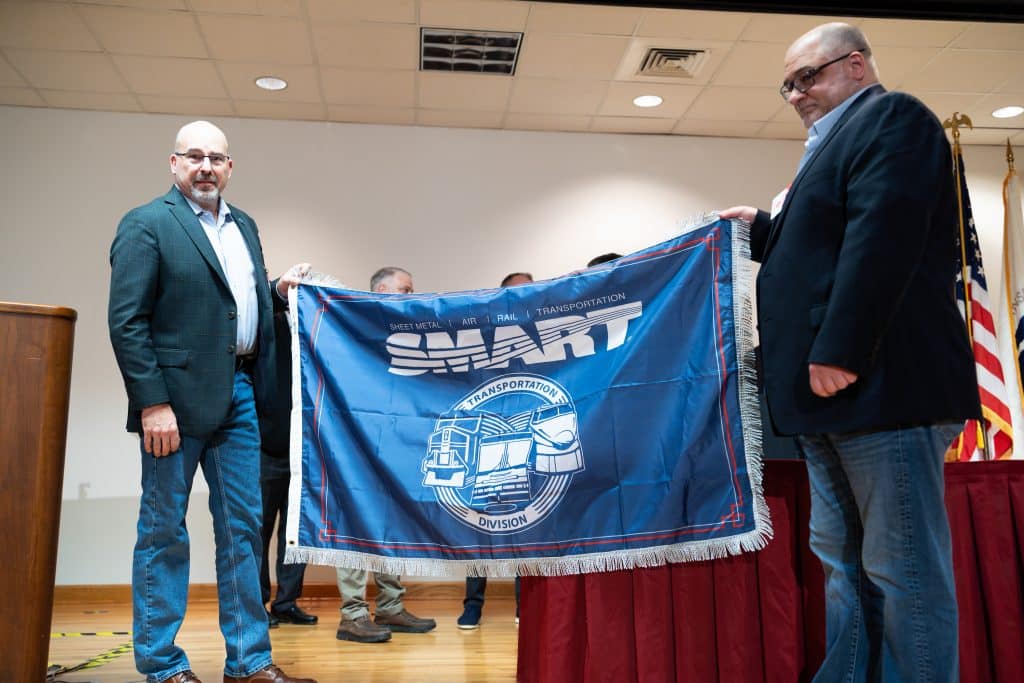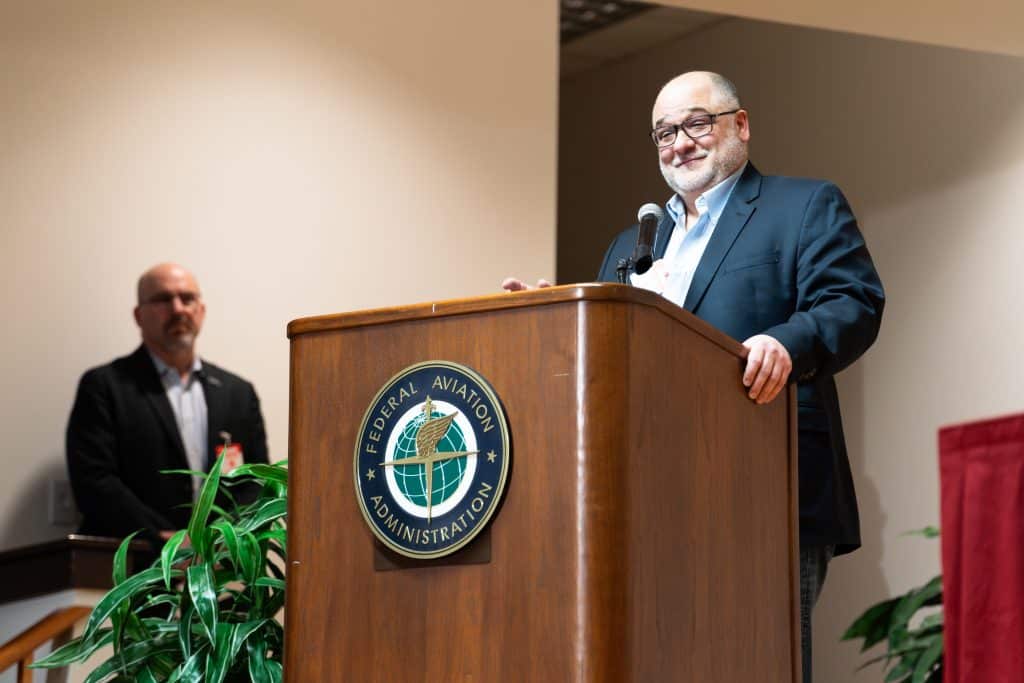After the Brotherhood of Locomotive Engineers and Trainmen (BLET) flip-flop last week led to it becoming the second Teamsters union deciding to buy in with a hedge fund, everyone wondered what its leadership thought they would get out of the deal.
It has now come to light that the BLET has entered into a “memorandum of understanding” (shown below) with Ancora’s aspiring Norfolk Southern (NS) management. This group has no authority on NS and the deal for BLET is based solely on promises “if” successful in a takeover bid.
They’re hopeful that by cheerleading this hostile takeover that Ancora will give them what SMART-TD already has achieved. Our NS general chairpersons’ professionalism and quality leadership have achieved superior agreements to what the BLET has. They’ve decided to sell out to catch up.
The attached memorandum shows BLET’s desperate attempts to take over certain remote-control operations already belonging to SMART-TD. BLET is also attempting to inject their officers into the conductor new-hire training process and the locomotive engineer training process. SMART-TD already holds the contracts on these arrangements.
Furthermore, they are also trying to get “me-too” improvements to their on-property agreements following SMART-TD’s successful negotiations of Articles 6 & 7 in the 2022 National Agreement.
BLET and BMWED have chosen to blatantly sell out SMART-TD AND the 10 other rail labor groups who oppose Ancora’s takeover. Most importantly, they are selling out RAIL SAFETY and QUALITY OF LIFE for thousands of workers to serve their own purpose.
Ancora promised to hand BLET President Eddie Hall and the BLET GCs everything SMART-TD worked to gain. All he had to do was sell out the men and women working for Norfolk Southern.
BLET TOOK THE DEAL!
Here are the repercussions
Ancora hasn’t hidden that, if successful in their hostile takeover, they are bringing Precision Scheduled Railroading (PSR) back big time. SMART-TD and the majority of rail labor unions (and BLET — up until two days ago) had stood together in solidarity for two months and said no. Meanwhile, BLET is playing Judas and has chosen to sell out workers so they can get a do-over on past negotiations their organization fell short on with NS.
Eddie Hall and everyone associated with BLET’s decision should be ashamed. They were willing to hand over everything our movement has done to defend our men and women against PSR at NS.
A display of blatant hypocrisy
For the record, less than one day before BLET announced they were backing Ancora, they had given their word to the AFL-CIO’s Transportation Trades Department that they were standing with us. Apparently, the attached agreement was an effective sweetener. Eddie Hall and his NS general chairpersons have turned on us.
Prior to succumbing to Ancora’s temptation, BLET’s stance was clear. Featured on their website since late February and even after the April 26th announcement went public was an infographic of BLET General Chairman Dewayne Dehart with the quote, “Ancora would be bad for investors. It’s easy to imagine a train wreck under their proposed plans, both literally and figuratively speaking.” A second quote from Dehart says, “I can assure you I will be voting all shares in favor of Alan Shaw and his team.”
The two other BLET GCs shared similar sentiments in a Feb. 29 press release. All three were highly critical of Ancora’s executive selections, including proposed COO Jamie Boychuk, a former CSX executive.
“From our vantage point and from what we’ve learned from our union brothers and sisters at CSX, Boychuk was reckless and ran CSX operations into the ground before he was run out by CSX’s management team,” said BLET General Chairman Scott R. Bunten (NS-Eastern Lines GCA). “Ancora wants to turn back the clock and return to the failed Precision Scheduled Railroading business model with Boychuk’s help that the other Class I railroads are now abandoning.”
“Ancora has been pointing to the East Palestine derailment as a failure by Alan Shaw and his team, but we believe that the PSR model is directly linked to the East Palestine failure. Shaw was only on the job for a few months prior to the disaster. Since the derailment last year, NS’ CEO has risen to the occasion and, through his leadership, NS has become a safer, more efficient and customer focused company again,” said BLET General Chairman Jerry G. Sturdivant (NS-Southern Lines GCA).
“Having a CEO like Barber with zero railroad experience and a Chief Operating Officer such as Boychuk wedded to the worst aspects of PSR would likely lead to more, not fewer costly train wrecks,” said Sturdivant.
Dehart also had seemed very steadfast in the February statement, adding:
“I am a shareholder and I also vote hundreds of thousands of shares of NS stock for BLET as a fiduciary of the BLET NS 401(k) Plan. I can assure you I will be voting all shares in favor of Alan Shaw and his team. The leaders of our union and our members see the potential for increased revenue for Norfolk Southern with him at the helm,” said BLET General Chairman Dewayne L. Dehart (NS-Northern Lines), who has been with Norfolk Southern for 28 years.
But a private closed-door meeting with Ancora out of sight of its members changed their minds and made them flip the switch to support the group they had demonized.
Said BLET President Hall in an April 26th statement published by Trains Magazine attributed to him: “BLET’s three elected General Chairmen representing locomotive engineers and trainmen at Norfolk Southern met with Ancora’s leadership team yesterday and determined that they are the right leaders for Norfolk Southern moving forward. After the railroad’s CEO Alan Shaw hired COO John Orr and following the public comments of both those executives on their strategy for NS, our General Chairmen determined that a change at the top is needed. Although this decision was not easy, the General Chairmen believe it is necessary.”
A failure to communicate and serve its membership
What is not featured on the BLET website is any reference to the announcement they made switching their allegiance to Ancora. One would think that a labor organization making that big of a change in direction would want to inform its members, rather than having them find out from the press.
BLET appears to not want to talk about this abrupt decision, nor to be transparent to members who pay union dues for their protection and representation.
In contrast, their membership has been willing to talk about it this weekend. A 36-year BLET Division 110 Member, engineer Scott Pendygraft, spoke to one of our NS general chairpersons over the weekend and said,“I cannot pay dues to a union that would sell out for what’s probably an empty promise and not consider all of the membership.”
Brother Pendygraft has joined SMART-TD Local 1190.
Please take the time to read the signed agreement between BLET and Ancora below to see what a backroom sellout of rail labor looks like.
Our lines of communication are open.
